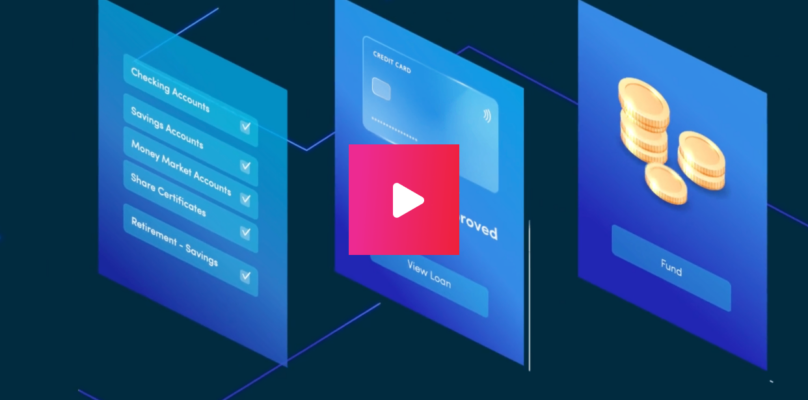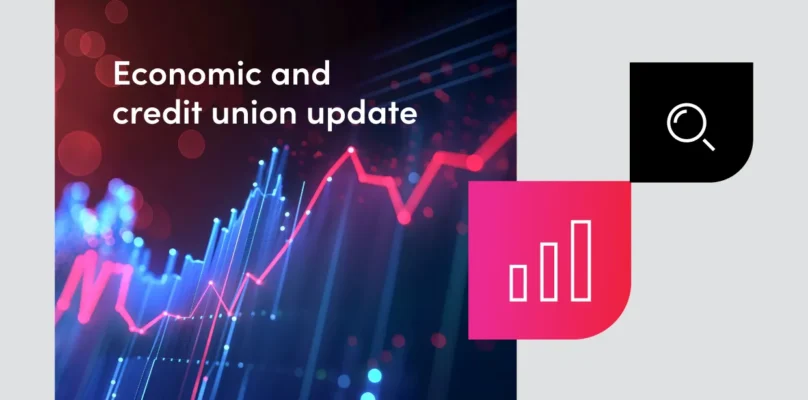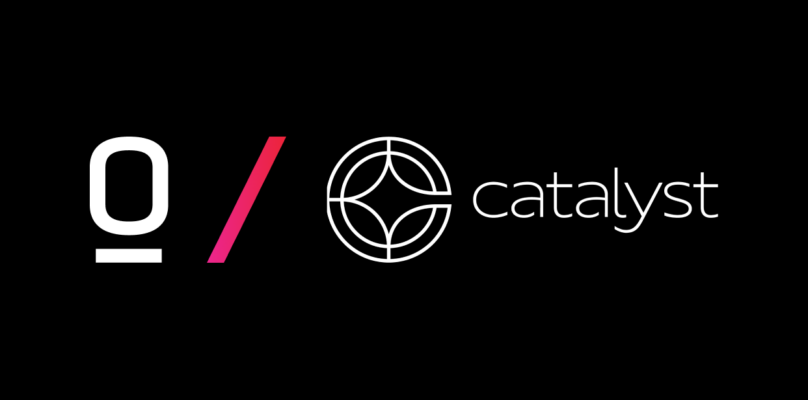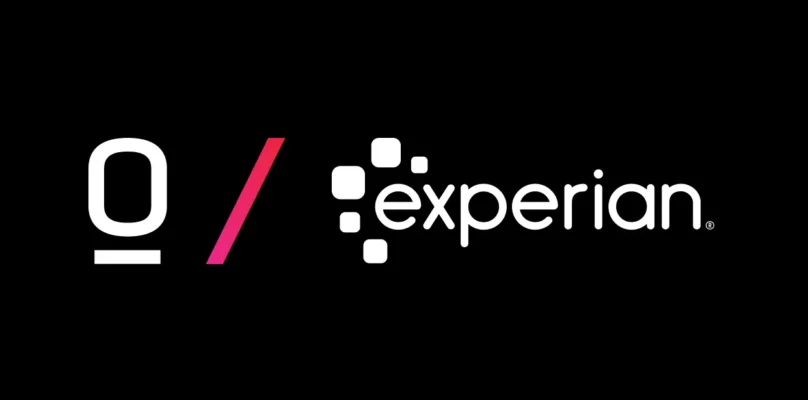Savvy lenders know auto lending will likely experience a boom in the next few years when new vehicle inventory returns to normal. Following a record high average price for new vehicles in September, the potential for a “perfect storm” of auto lending could be fueled by both high loan volume and high loan amounts.
Given this tremendous potential for growth, this is an opportune time for credit unions that are considering getting into indirect auto lending for the first time. Indirect lending remains one of the most effective ways for credit unions to grow their loan portfolios. However, the indirect market is well populated with lenders that include captives, major banks and large finance companies. Competition is very tight.
For credit unions new to indirect lending, there are a few vital steps that should be taken to ensure the successful launch of a new program. Let’s take a close look at the keys that can make a difference when starting an indirect program.
#1. Know your market
When it comes to indirect lending, your market is more than just members. You also need to understand (and determine) the dealers that are a good fit for your credit union, and the lenders that are in the local marketplace. First, it’s important to decide which types of dealers you’ll target and where they are located. Whether your indirect program will include dealers across the entire state or just within 10 miles of a branch, it’s important to understand their business, from the inventory they carry to their target customers — which might or might not overlap with your membership footprint. Most lenders have their eyes on big franchise lots, but independent dealers could provide a good market for credit unions looking to enter new indirect markets, because captives and large finance companies aren’t always interested in serving them. The loans can be riskier, so lenders need to have stringent monitoring of those dealers to mitigate the risk, but there are certainly opportunities, and likely a lower barrier to entry from lender competition. To compete against for-profit lenders, credit unions don’t have to offer the lowest rate or the highest payout, but they do have to be in the ballpark. If you want to pay your dealer one percent, but other lenders are paying three to four percent, you’re going to be challenged just getting in the door. Efficiency achieved through technology is also very important to the launch of an indirect program. Indirect lending is a high-volume product— that means automated decisioning and quick funding can be extremely beneficial in setting your program up for success. Credit unions should also closely review their new member processing. Membership eligibility remains a hurdle when it comes to indirect lending, so you’ll want to simplify that process as much as possible for the dealer. Also, you want to make sure that your target dealers are crystal clear on how non-members can join. If there is any confusion, dealers will most likely bypass working with you.#2. Adopting the right technology
To remain relevant, if not top of mind, with members, it’s essential for credit unions to incorporate technology that responds to and meets new consumer expectations in the digital marketplace. This is no more important than when entering a new market such as indirect lending. When it comes to indirect lending solutions, there are many different options for credit unions to choose from. Partnering with a technology provider that provides easy entry into the indirect lending market is vital. Here are a few important things to consider when deciding on the technology to drive your indirect lending efforts:- A customizable platform that provides seamless integration with your credit union’s loan origination system
- Complete control over underwriting guidelines for higher loan quality
- A system that has digital loan processing for fast funding
- Technology that simplifies the member experience and advances dealer relationships
- A system that includes a decision engine for instant decisioning












